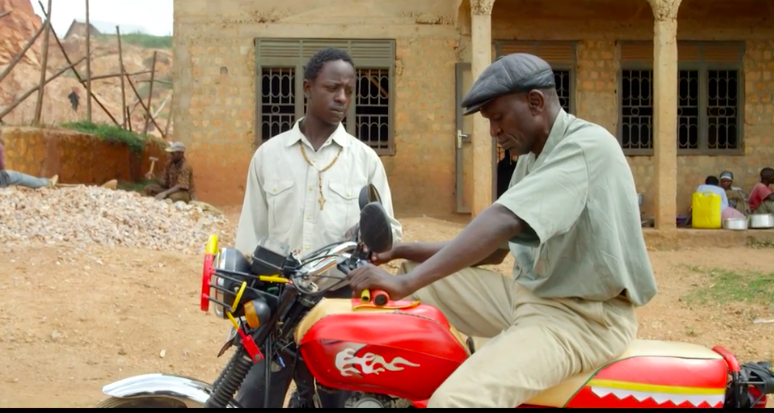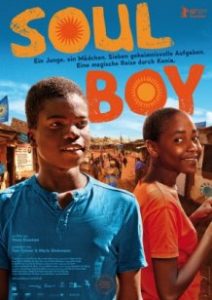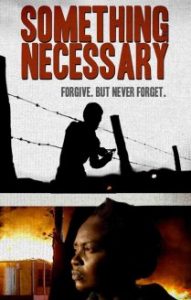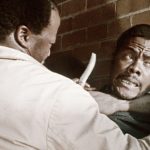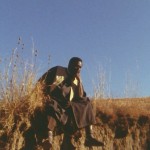Directors: Donald Mugisha and James Taylor
Watch The Boda Boda Thieves on FilmDoo
For their feature film The Boda Boda Thieves (2015), duo Donald Mugisha and James Taylor set out to create a tribute to Vittorio De Sica’s Italian neorealist film Bicycle Thieves (1948). The narrative is similar to De Sica’s masterpiece, as a series of obstacles revolving around a complicated father-son relationship and the theft of a bike—and in the case of Mugisha and Taylor’s film, the theft of their “boda boda” (motorcycle). Aside from this premise, critics might suggest there are few similarities between the two films, but I would argue that The Boda Boda Thieves calls upon some significant underlying themes in De Sica’s work while adapting them for its contemporary audience.
Set in modern day Uganda, 15-year-old Abel’s (Hassan Insingoma) father supports his family by offering rides with his boda-taxi service through the crowded streets of Kampala. The story focuses primarily on Abel, and straddles the line between a coming-of-age story and a street crime film. The teenager wastes his daily allowance on gambling with friends and lies to his hardworking mother (who breaks rocks for a living) about his job search. Abel’s mother is clearly aware of her son’s lies, so when her husband sustains an injury she allows Abel to watch over the boda, perhaps hoping that he will finally assume some responsibility for their family.
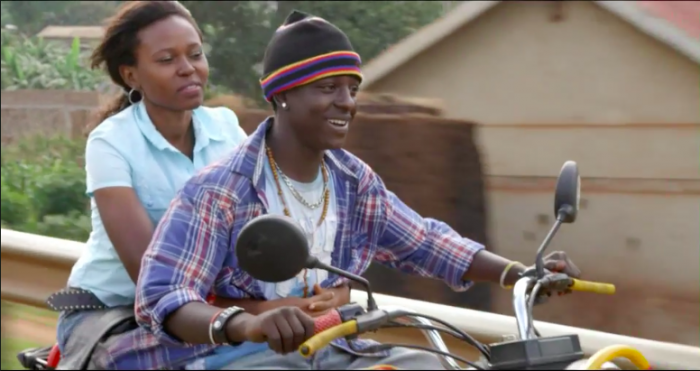
The Ugandan film paints a world in which modern teenagers are often left alone to forge their own values. Unlike Bruno (the child protagonist in The Bicycle Thieves), Abel’s moral compass is askew, but both characters lack any form of fatherly guidance to lead them on the right path. Abel first uses the family motorcycle to give a girl a free ride across town, but his mischief quickly escalates when he is involved in a series of crimes, becoming a getaway driver for a group of teenage muggers.
The crux of the film occurs when Abel’s motorcycle is stolen and he must inform his parents about the loss of their financial security (paralleling Antonio’s loss of his job when his bicycle is stolen in De Sica’s film). The rest of the film plays more like a crime drama by slowly piecing together the night of the theft via periodic flashbacks. The most striking parts of the second half of the film are the mother’s reactions to the events and the city’s ambiguous police. The Boda Boda Thieves emphasizes the lack of genuine assistance from police officers, a strong parallel to Antonio’s difficulty in finding any help from those around him. However, unlike the Italian film, Abel’s mother is a frequent presence in the narrative, and toward the end of the film her character evokes questions about the reality of familial loyalty and love within struggling households.
Despite some jarring uses of music and unclear scene transitions, the film’s overall feel and aesthetics are easy to watch, and Insingoma’s acting is particularly exceptional because of his ability to portray his character’s fluctuating morality through body language. Having been inspired by Italian neorealism, The Boda Boda Thieves is an important reflection of the working class and Ugandan society that merits more global attention.

